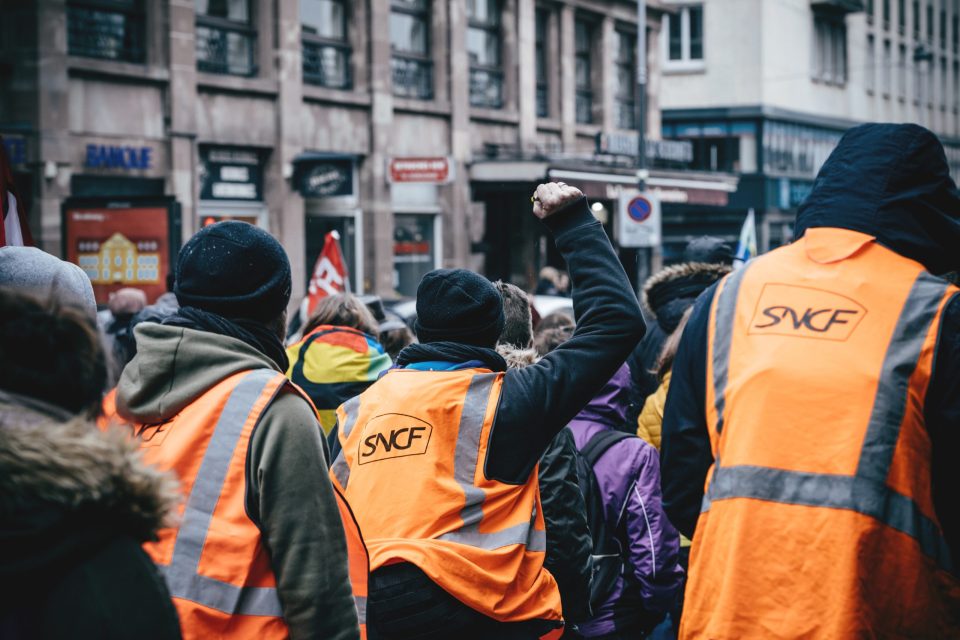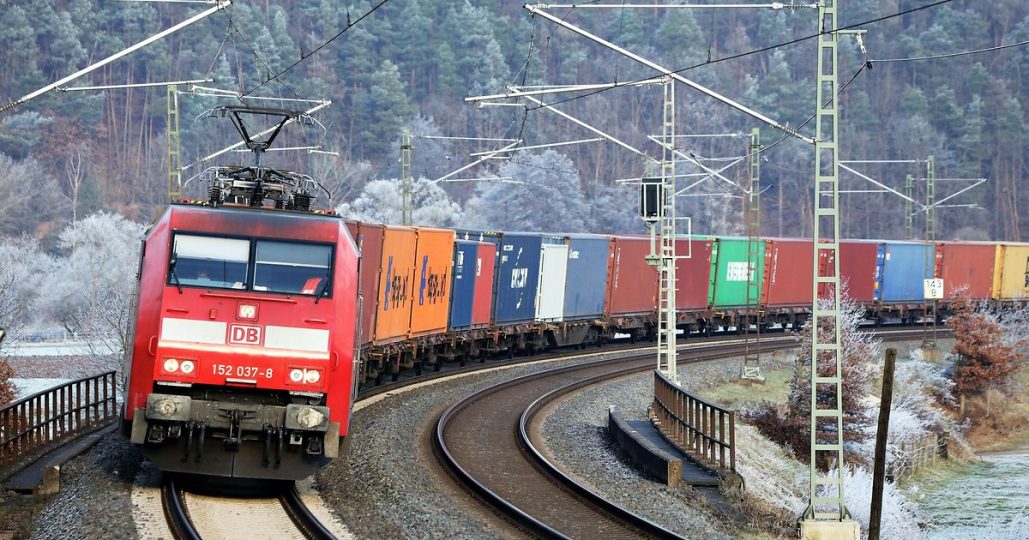The SNCF Group has recorded a third consecutive year in the black, thanks mainly to the strong performance of its high-speed (TGV) passenger services. Net profit totalled 1.3 billion euros compared to the record figure of 2.4 billion a year earlier, while turnover was up 0.7 per cent at 41.8 billion euros.
“The Group is in the black for the third year running. That says something about the seriousness, resilience and solidity of our activities,” commented CEO Jean-Pierre Farandou. “And it’s good news that the SNCF Group is making money. Some people are not used to it or are surprised, but the SNCF Group is a solid, industrial, international, varied group for mobility, freight and passengers, and it is making money,” he added.
Not bad, not great for the Group’s freight business
The profitability last year of Rail Logistics Europe (RLE), which groups all of the French state railways freight subsidiaries, led by Fret SNCF, expressed as EBITDA, totalled 128 million euros versus 208 million euros for the previous 12 months. Turnover was “virtually stable, despite the difficult environment,” totalling 1.7 billion (-0.5 per cent).
Commenting on the 2023 results and the outlook, a spokesperson for RLE told Railfreight.com: “Increasing energy costs and the resulting crisis in volumes, a strong recovery in the road haulage sector, with competitive rates and a renewed driver pool, all weighed on the performance of RLE’s subsidiaries in 2023.
“We have also suffered the consequences of industrial action linked to pensions and the discontinuity at Fret SNCF, the interruption of a major European rail freight route – through the Maurienne Valley. Against this backdrop, our financial results are not up to scratch,” he added.
Another negative factor last year was the sharp economic slowdown, particularly in the steel and chemicals industries. At the same time, one should not overlook the negative impact that the penalisation of ‘rail motorway’ activity by works on the rail network had, making it necessary to reduce the size of trains or lengthen their journey times.

‘RLE’s business model is strong’
As for RLE’s Europe-wide network, grouped around Captrain, the activity level varied but, overall, “held up well in an unfavourable macroeconomic climate.” Last year saw RLE subsidiary Naviland Cargo strengthen its multimodal road/rail offering with the acquisition of Lardon Transport, a specialist in multimodal transport and container storage. Naviland Cargo has also benefited from investment in wagons totalling 45 million euros.
One bright spot last year was Germany, and the resilience of Captrain and Forwardis helped to offset the below-par performance in the French market. “RLE’s business model is strong, thanks to its group structure and without the effects of the strikes, we would not be far off the mark,” stressed the spokesperson.
Geodis performance dropped
As for Groupe SNCF’s logistics subsidiary, Geodis, after “two exceptional years” for the market, its turnover was down almost 22 per cent on a like-for-like basis last year to 11.6 billion euros (-15 per cent when the normalisation of air and sea freight rates is factored in), impacted by lower volumes due to the global economic slowdown. Nevertheless, it managed to maintain its margins “thanks to a diversified business model and cost productivity initiatives.” EBITDA was down very slightly at just over 1.1 billion euros.
New SNCF freight company to lead future growth
Last year was also marked by the announcement of “a transformation project” for Fret SNCF following the opening in January 2023 of an investigation by the European Commission into aid granted to the company between 2007 and 2019. The Commission suspected that the aid distorted competition in the rail freight market. An agreement reached with the French state made provision for Fret SNCF to relinquish more than 20 traffic routes – a currently ongoing process.

Concerning the discontinuity of Fret SNCF in particular, by January 2024, 15 traffic routes had been relinquished by rail competitors. The spokesperson revealed that the remaining eight will be handed over by the end of the first half of 2024, adding that it was necessary to note that there has been no modal shift to road.
“Despite the discontinuity, the new SNCF rail freight company, entering service in January 2025, with its workforce and turnover, will remain the leader in the French rail freight sector, with a market share of almost 35 per cent,” underlined the spokesperson. Their concluding remark concerned future turnover projections: “As for the outlook, RLE’s turnover is estimated to increase to 1.87 billion euros in 2024, and our objective is to pass the symbolic two billion euros mark within the next two to three years. This shows how ambitious we are in terms of growth and increasing market share.”